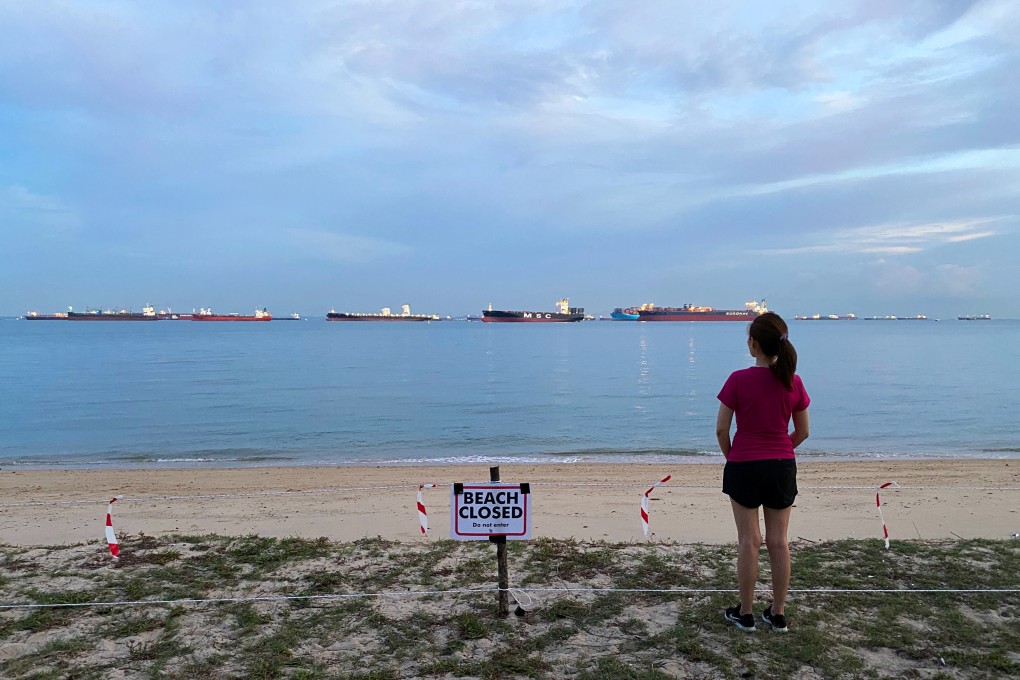Are Singapore, Australia, Hong Kong expats still living the dream? Burnout, stress and loneliness rife since Covid-19, survey finds
- American insurance firm Cigna’s 360 Well-Being Survey talked to almost 12,000 expatriates around the world, including in the Asia-Pacific region
- 95 per cent of ‘top managers’ in Singapore mentioned burnout symptoms, while 47 per cent of Hong Kong respondents planning to return home

The stark focus on remote productivity coupled with extended periods of separation from family and friends due to the pandemic over the past two years have left expatriate workers suffering from burnout and isolation.
According to American insurance firm Cigna’s 360 Well-Being Survey, about 90 per cent of the nearly 12,000 respondents said they were stressed and reconsidering their priorities with a greater emphasis on flexibility or being closer to family and friends.
“Perhaps more worrying is that 98 per cent of people we spoke to had experienced symptoms of expat burnout, driven, most likely, by the fact that 89 per cent said they are ‘always on’, constantly connected and unable to switch off from work,” read a report on the annual survey, which covered 15 major expatriate destinations spanning the Asia-Pacific, Africa, Europe, the Middle East and North America.
Countries around the globe imposed varying degrees of Covid-19 curbs after the pandemic first hit in early 2020, as they struggled to stop the spread of the virus. So far it has infected more than 537 million people and is responsible for over 6.3 million deaths worldwide, according to data from the World Health Organization (WHO).
Restrictions on public movement and businesses prompted firms to switch to remote or hybrid working structures and all but shut down international travel as nations, until only recently, maintained strict control of borders to clamp down on imported Covid-19 cases.